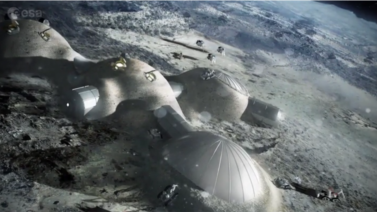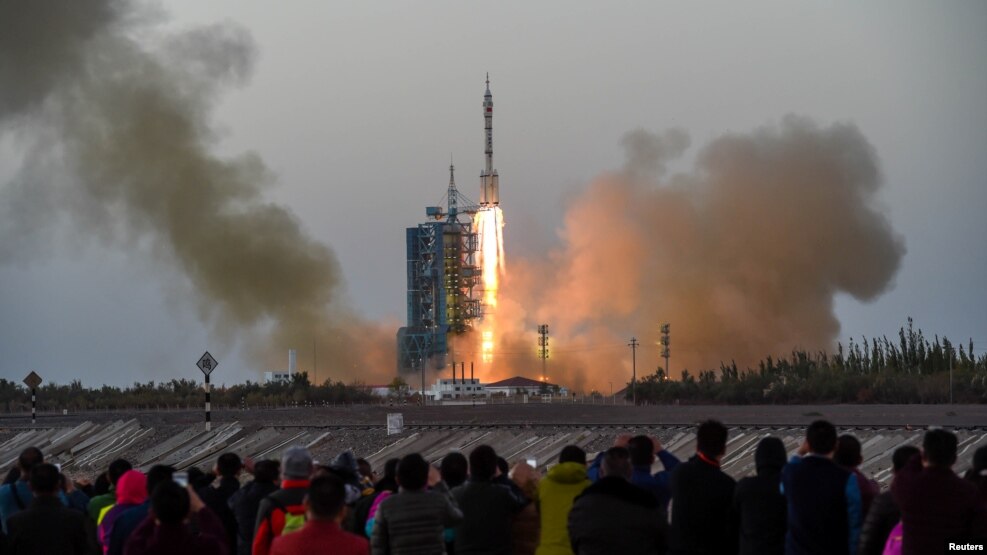
China wants to develop “strength and size” in its space program, a China National Space Administration official said last week.
In the next five years, the country plans to speed up the development of its space program. China wants to become the first country to carry out a controlled landing of a probe on the far side of the moon in 2018.
China also has plans to launch its first probe to the planet Mars by 2020.
China released an official policy proposal, known as a white paper. The document provides details of China's plans for space exploration for the next five years. It was released by the State Council Information Office last Tuesday.
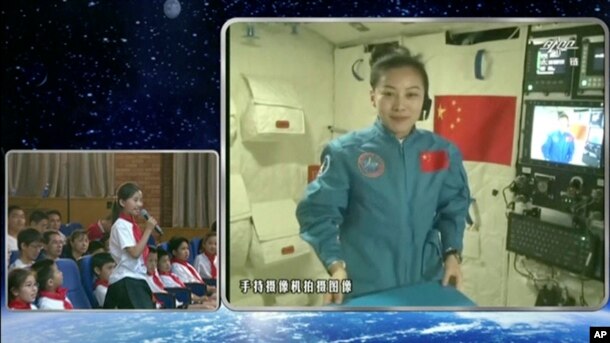
"To explore the vast cosmos, develop the space industry and build China into a space power is a dream we pursue unremittingly," the white paper said. China says it will use space for peaceful purposes, to guarantee national security and to carry out new scientific research according to the paper.
Russia and the United States have more experience in manned space travel with programs that have been operating for more than 50 years. China's military-supported program, however, has made progress in a short time.
Morris Jones is an independent writer and an expert on the Chinese space program. He is based in Australia. He told VOA that the Chinese have one of the world's best space programs. He said it was about the same as the European program.
“They're moving ahead very rapidly. They have a very impressive human spaceflight capability. They've recently completed their longest space mission to date, which was roughly a month. And they're preparing probes to go to the moon and deeper into space.”
China conducted its first manned space mission in 2003. Since then, Chinese astronauts have carried out a spacewalk. China also landed a vehicle on the moon in 2013. That was the first time a spacecraft had made a soft landing on the moon since the 1970s.
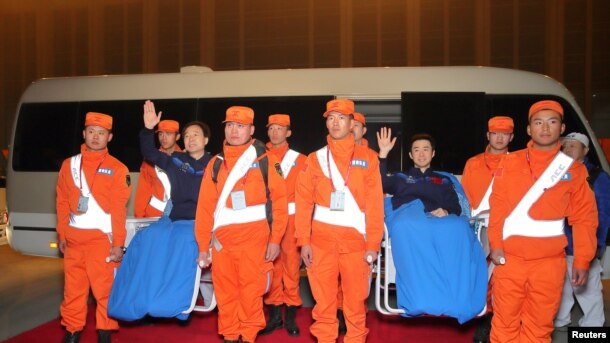
Most recently, two Chinese astronauts stayed aboard China's Tiangong 2 experimental space station for one month. It was the country's sixth and longest space mission. A fully operating, permanently crewed space station is to begin operations six years from now. It is expected to operate for at least 10 years.
In the white paper, Chinese officials do not talk about sending humans to the moon, but Jones says that may happen in the future.
“What I also think is interesting to consider is the fact that the white paper gives further hints that even beyond landing robot probes on the moon, China is moving steadily in the direction of eventually sending humans there.”
Jones says landing a probe on the far side of the moon is technically difficult. Because of the moon's orbit, the far side of the moon always faces away from Earth. That, Jones says, makes communications with the landing probe more difficult. He says China will have to use advanced technology including a special satellite to communicate with the lander.
China says landing on the far side of the moon may help explain the formation and evolution of our only natural satellite.
He Qisong is a space security expert at Shanghai University of Political Science and Law. He said a soft landing on the far side of the moon would show that China has fully developed the technology needed to land on a specific area of the Moon's surface.
"China never talks big and says something it's unable to achieve," he told the Associated Press.
The white paper says that China is committed to the peaceful use of space and opposes a space arms race.
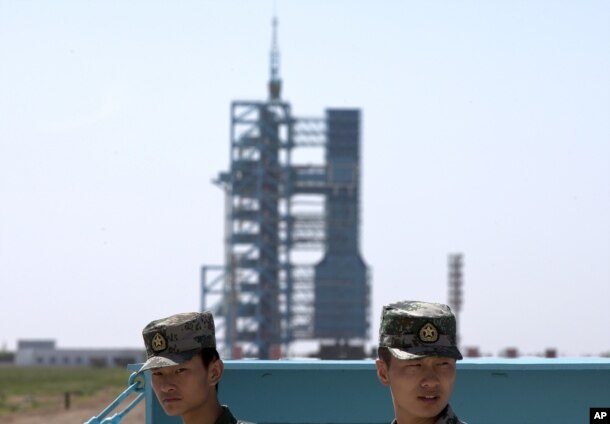
Jones disagrees. He says China continues to develop its military space program.
“It's not accurate at all because China has one of the world's most advanced military space programs. They use space flight for most aspects of their military--communication, surveillance, weather forecasting. But one of the rising trends in China is the fact that they have a very aggressive development program for anti-satellite weapons. They've been able to hit satellites in low orbits for quite some time.”
Jones says China has the ability to attack satellites in geostationary orbit or ones that are in a lower Earth orbit.
That means, “they can probably try to knock out America's GPS satellites in the event of a war,” says Jones.
China plans to join Americans and Europeans who plan to go to Mars either with robots or humans. The white paper discusses China's plans to launch its first Mars probe by 2020. One goal is to explore and bring back samples from the red planet.
China also wants to explore Jupiter and to carry out “research into major scientific questions such as the origin and evolution of the solar system, and search for extraterrestrial life."
I'm Anne Ball
Anne Ball wrote this story for Learning English with material from VOA. Mario Ritter was the editor. We want to hear from you. Write to us in the Comments Section and visit us on our Facebook page.
Words in This Story
probe - n. an instrument used to examine something
csmos - n. the universe, especially when it is understood as an ordered system
unremittingly - adj. not stopping or growing weaker
hint - n. a small piece of information that helps you guess an answer or do something more easily
surveillance - n. the act of carefully watching someone or something especially in order to prevent or detect a crime
geostationary - adj. a circular orbit above the Earth that follows the direction of the Earth's rotation, so to ground observers, the satellite appears as a fixed position in the sky
GPS - n. stands for “global positioning system” and means a radio system that uses signals from satellites to tell you where you are and to give you directions to other places


